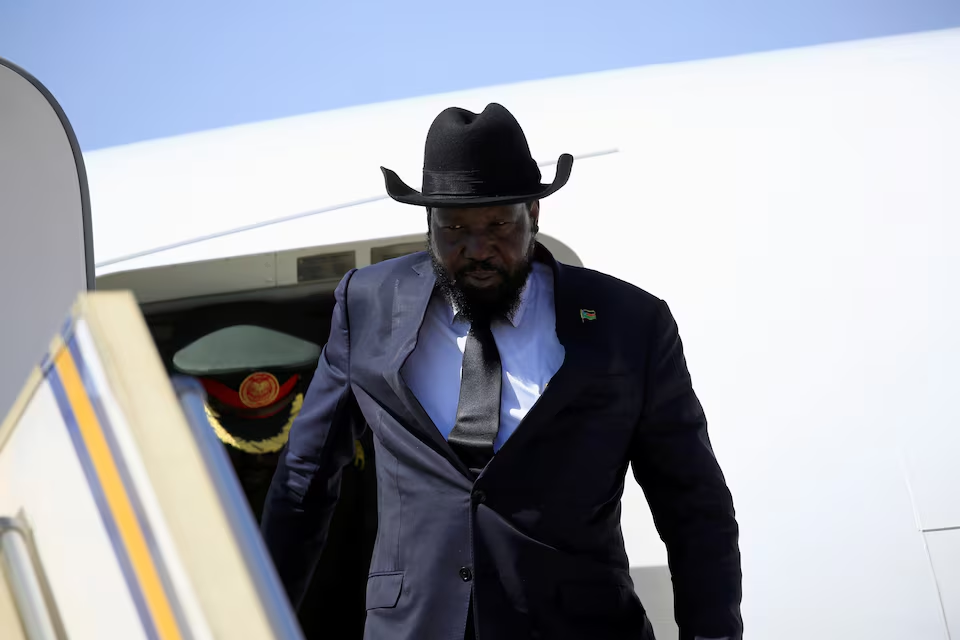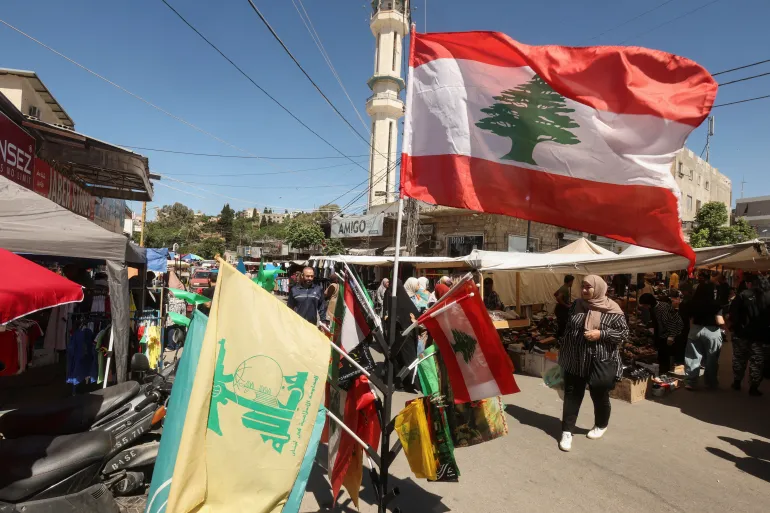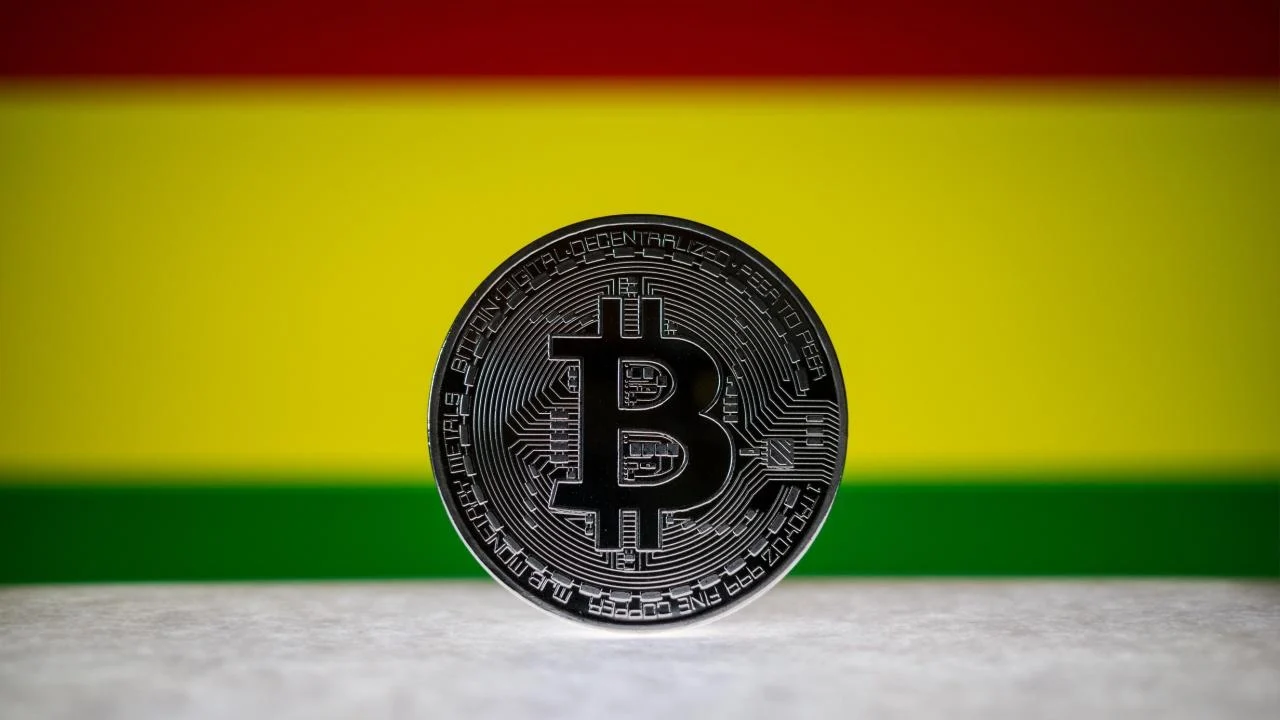South Sudanese President Salva Kiir has appointed a U.S.-sanctioned military general, Malek Reuben Riak, as the deputy head of the ruling Sudan People’s Liberation Movement (SPLM), a move that has sparked significant international concern and domestic criticism.
The appointment was announced on Wednesday, May 21, 2025, and follows a broader reshuffle within the SPLM leadership. Riak, who previously served as Deputy Chief of Staff for Logistics in South Sudan’s army, has been under U.S. Treasury Department sanctions since 2017 for his alleged role in human rights abuses and obstructing peace efforts during the country’s brutal civil war.
“This promotion cements Kiir’s preference for loyalty over accountability,” said a South Sudanese civil society leader who spoke on condition of anonymity. “It is a worrying signal for those pushing for reform.”
🇸🇸 Background on Malek Reuben Riak
Malek Reuben Riak was sanctioned by the United States for overseeing the procurement of weapons used against civilians, and for his involvement in targeting political opponents and diverting public funds. He was part of a small circle of military officials accused of prolonging the civil war for personal and political gain.
Despite the sanctions and mounting evidence of abuse documented by international organizations, Riak has maintained a strong influence within South Sudan’s military elite and now holds an even more central position in the SPLM — the party that has dominated South Sudanese politics since the country’s independence in 2011.
International Reaction and Human Rights Concerns
The appointment has triggered renewed calls from human rights groups and Western diplomats for greater accountability and transitional justice in South Sudan, where a 2018 peace agreement has failed to deliver significant political or security reforms.
“Promoting individuals implicated in atrocities undermines the fragile peace and sends the wrong message to victims,” said Nyagoah Tut Pur, South Sudan researcher at Human Rights Watch.
The United Nations Commission on Human Rights in South Sudan has also previously named Riak in reports documenting gross violations, including the targeting of ethnic minorities, sexual violence, and extrajudicial killings.
🇺🇸 U.S. Sanctions and Diplomatic Tensions
The U.S. Treasury’s sanctions, imposed under the Global Magnitsky Act, remain in effect. While the U.S. embassy in Juba has not issued an immediate response to Riak’s promotion, diplomatic sources told Reuters that the decision will likely strain relations further between Washington and the Kiir administration.
“South Sudan’s leadership continues to sideline peace and reconciliation in favor of internal power politics,” one Western diplomat said.
Political Implications in Juba
Kiir’s decision comes ahead of planned national elections, which have already been delayed multiple times. Critics argue that the reshuffle — which also saw the removal of several reformist voices from party ranks — is part of a strategy to tighten control ahead of a potential electoral contest.
Vice President Riek Machar, Kiir’s longtime rival and co-signatory of the 2018 peace deal, has not publicly commented on the promotion. However, opposition groups are reportedly alarmed, viewing the appointment as a power consolidation maneuver that could undermine trust in electoral preparations.
Fragile Peace at Risk
South Sudan continues to grapple with ethnic tensions, localized violence, and displacement crises, despite the formal end of its civil war. The peace deal remains only partially implemented, and the security sector reform — including demilitarization and accountability for wartime atrocities — has largely stalled.
As Malek Reuben Riak assumes a central political role, observers fear his presence could entrench militarized governance, discourage reform-minded voices, and further delay the reconciliation process the country desperately needs.
“This is not the path to healing,” said Pur. “It is a path back to conflict.”
With international patience wearing thin and domestic grievances deepening, South Sudan’s leadership faces growing pressure to choose between entrenching the status quo — or genuinely embracing inclusive, peaceful governance.
Source; Reuters



